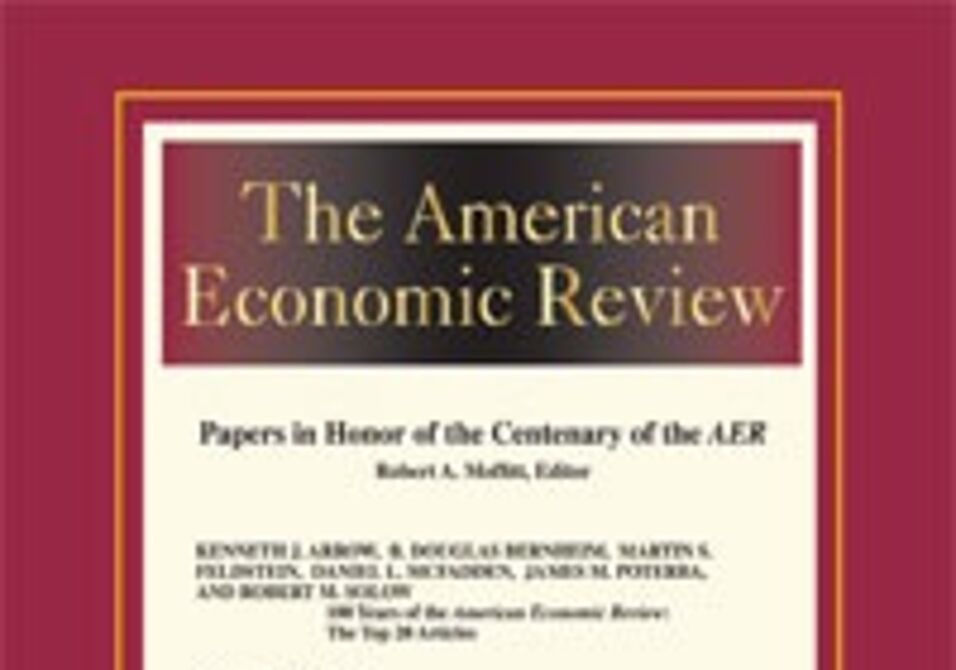The paper can be found here.
Abstract
This paper studies, theoretically and experimentally, the effects of overconfidence and fake news on information aggregation and the quality of democratic choice in a common-interest setting. We theoretically show that overconfidence exacerbates the adverse effects of widespread misinformation (i.e., fake news). We then analyze richer models that allow for partisanship, targeted misinformation intended to sway public opinion, and news signals correlated across voters (due to media ownership concentration or censorship). In our experiment, overconfidence severely undermines information aggregation, suggesting that the effect of overconfidence can be much more pronounced at the collective than at the individual level.

